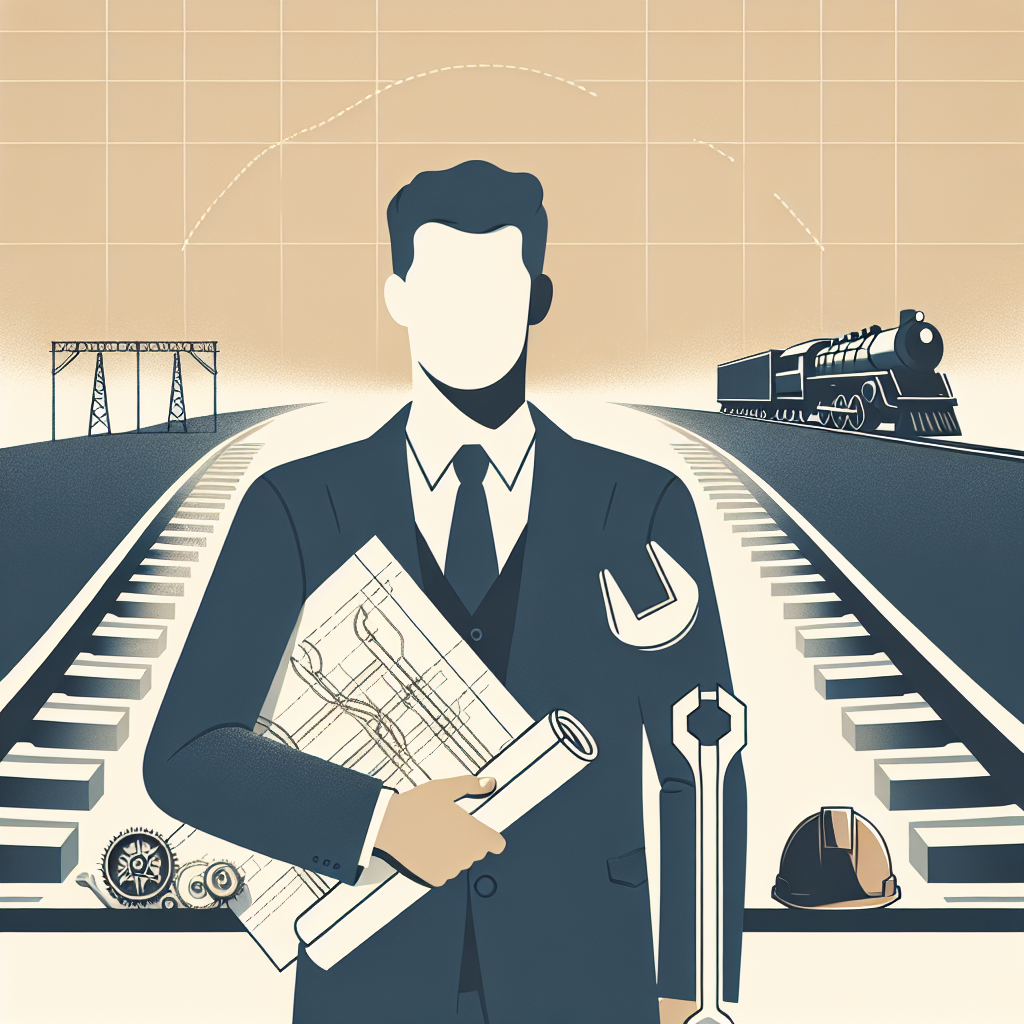Train Engineer Jobs Near Me: The Ultimate Guide. If you’re looking to move into rail operations or advance within the transportation industry, this practical overview will walk you through the job types, qualifications, where to search, and tips to get hired quickly. Read on for hands-on advice for finding locomotive and rail engineer roles in your area and standing out in a competitive field.
Local Train Engineer and Locomotive Engineer Openings
Most train engineer roles are listed by regional rail carriers, short-line railroads, transit authorities, and freight companies. Start by identifying the operators that serve your region — commuter rails, Amtrak, regional freight lines, and municipal transit agencies are the big employers. Job titles to look for include locomotive engineer, locomotive operator, railroad engineer, and train operator. Keep your search focused on both national listings and local postings to uncover less-advertised openings.
Typical qualifications and certifications
Requirements vary, but common qualifications include:
- High school diploma or equivalent; some employers prefer vocational or technical training.
- On-the-job training or apprenticeship programs provided by railroads.
- Federal Railroad Administration (FRA) certifications where applicable and medical fitness exams.
- Strong safety record, mechanical aptitude, and excellent situational awareness.
Where to search — online and offline
Combine broad job boards with rail-specific resources. National job sites will carry many postings, but specialized listings and company career pages often show openings earlier. For students and entry-level candidates who want to discover internships or related transit roles, check resources tailored to younger job-seekers such as the ultimate guide to job boards for college students in the USA — free and paid options, which highlights boards and platforms that help early-career applicants find transportation and engineering-related positions.
For labor statistics, job outlook, and expected wages for locomotive engineers and similar occupations, the U.S. Bureau of Labor Statistics provides reliable career profiles and data; see their occupation summary for current industry trends and forecasts.
Skills that make applicants stand out
Employers value a mix of technical skills and soft skills. Emphasize the following on your resume and in interviews:
- Operational knowledge of locomotives and signaling systems.
- Commitment to safety protocols and incident reporting.
- Ability to work irregular shifts and adapt to changing schedules.
- Strong communication and teamwork — coordinating with conductors, dispatchers, and maintenance crews.
Preparing a targeted application
Tailor each resume and cover letter to the employer. Highlight any rail-related coursework, mechanical or electrical experience, and documented safety training. If you completed a formal training program or apprenticeship, add details such as modules, hours of hands-on operation, and relevant simulator experience. Use measurable achievements when possible (e.g., “reduced equipment downtime by X% through proactive checks”).
Interview and on-the-job tips
During interviews, expect scenario-based questions about safety decisions, emergency response, and teamwork. Prepare concise examples that showcase quick thinking and adherence to procedure. If hired, be ready for rigorous orientation, supervised runs, and periodic testing. Building a reputation for reliability and safety is the fastest path to advancement.
Networking and union considerations
Many rail positions are filled through networks and unions. Joining local railworker chapters or attending industry job fairs can provide inside tracks to openings. Be aware of collective bargaining rules, seniority systems, and progression paths that differ between carriers.
- Search company career pages of local rail operators and transit authorities.
- Set up alerts on job boards and the BLS career pages for locomotive engineers.
- Attend hiring events and apply to apprenticeship or trainee programs.
FAQ
Q: What education do I need to become a train engineer?
A: Most employers accept a high school diploma plus on-the-job training or apprenticeships. Technical schools and community college programs in diesel technology or railroad operations can be advantageous.
Q: How long does training usually take?
A: Training duration varies by employer and role; it can range from several weeks of classroom and simulator time to many months of supervised operating experience before you qualify as a certified engineer.
Q: Are train engineer jobs in demand?
A: Demand depends on regional freight volumes, transit expansions, and retirements in the workforce. For national trends, consult authoritative labor data such as the U.S. Bureau of Labor Statistics for the most current outlook: BLS profile for locomotive engineers and railroad workers.



